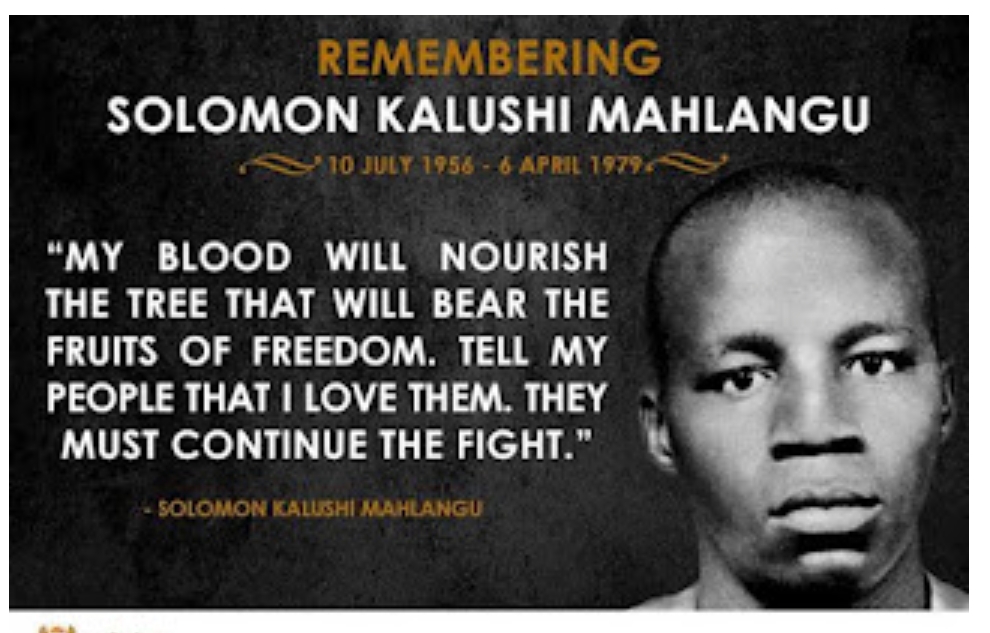
Solomon Kalushi Mahlangu, born on 10 July 1956 in Doornkop, Middelburg in what was then known a Eastern Transvaal, was barely 20 years old when Soweto school pupils protested against the introduction of Afrikaans as a medium of instruction.
By the end of 1976 many hundreds of youths had been killed, including a 12-year-old schoolboy named Hector Petersen, and more than 2 000 wounded. Thousands more had been prosecuted or detained, and banning orders had been imposed. A large number of South Africans went abroad, often clandestinely, many of them vowing to pursue the struggle. One was Solomon Mahlangu, who left his home one night in great secrecy.
Mahlangu underwent military training as a soldier of Umkhonto we Sizwe (MK), and was then immediately tasked to return to South Africa to assist with student protests being planned to commemorate the 1976 uprising. In early 1977, he and two other MK soldiers, Monty Motloung and George Mahlangu, travelled from Angola to Mozambique, from where they infiltrated South Africa.
Successfully evading the government’s comprehensive security network, they managed to reach Johannesburg unscathed. There, however, they were intercepted by police. An exchange of fire followed in which two civilians were killed. In the confusion George Mahlangu managed to escape, but Solomon Mahlangu and Monty Motloung were taken prisoner.
Motloung was so severely assaulted in the process that he was unfit to stand trial, but Mahlangu, although he had not fired a shot during the clash with the police, was charged with murder as an accessory. He was duly found guilty, and on 22 March 1977 was sentenced to death. His response was a defiant shout of “Amandla!’
Mahlangu’s sentence was not carried out immediately, however. His case had aroused widespread international concern, and he spent two years awaiting execution while heavy pressure was exerted on the South African government to commute his sentence and recognise freedom fighters as political prisoners.
The government would not give way, however, and on 6 April 1979, aged 23, Solomon Kalushi Mahlangu was executed, his spirit unbroken by the long time he had spent in the shadow of the gallows. His last words were: “My blood will nourish the tree that will bear the fruits of freedom. Tell my people that I love them. They must continue the fight.’
The award was collected by Martha Mahlangu (Mother).
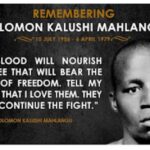
We hope that you have enjoyed reading our blog on the world history and facts. If you enjoy this blog please let us know in the comments below. If you are interested in history, we recommend you check out our other blogs here on the world history and facts. Thank you for reading.


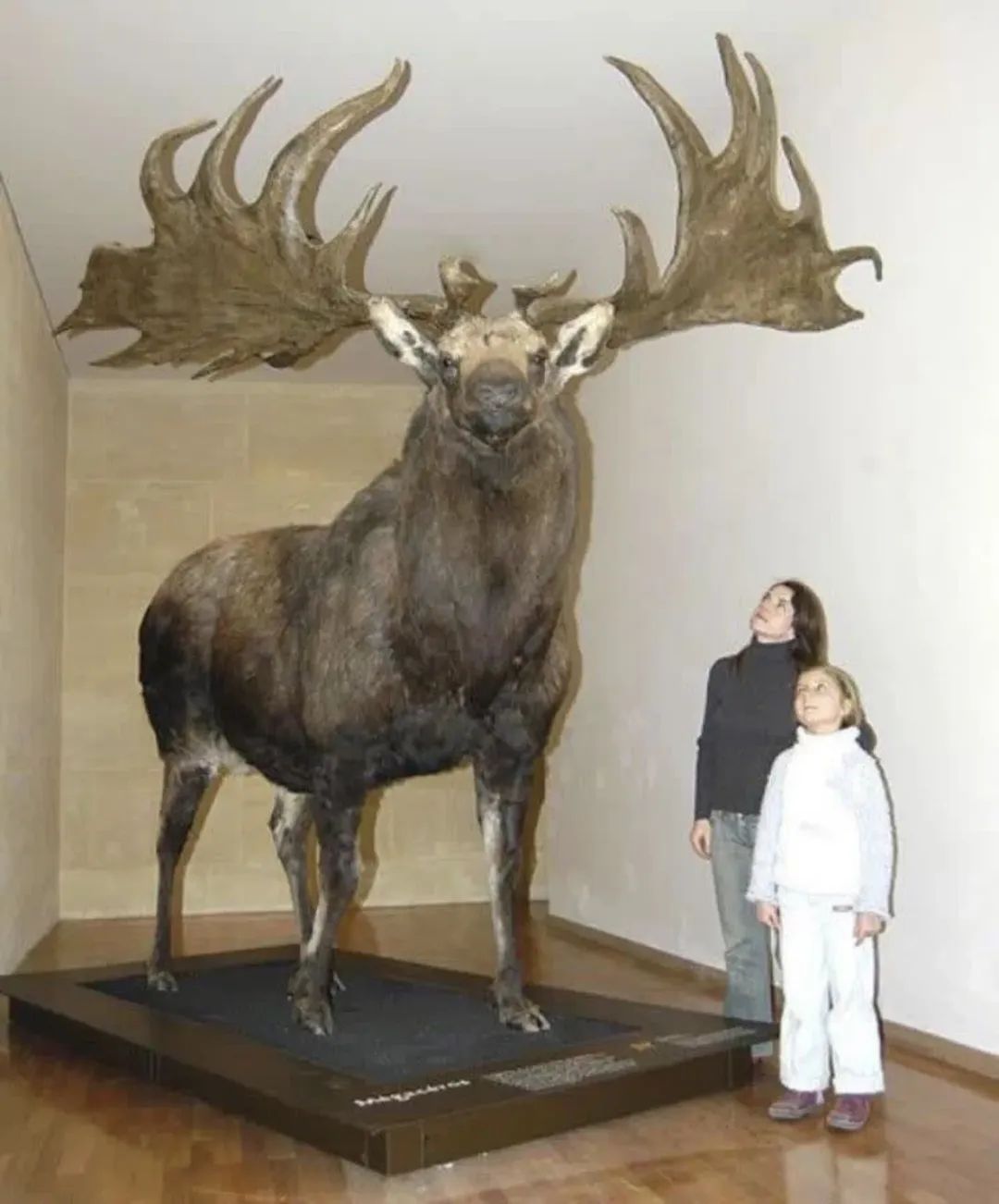
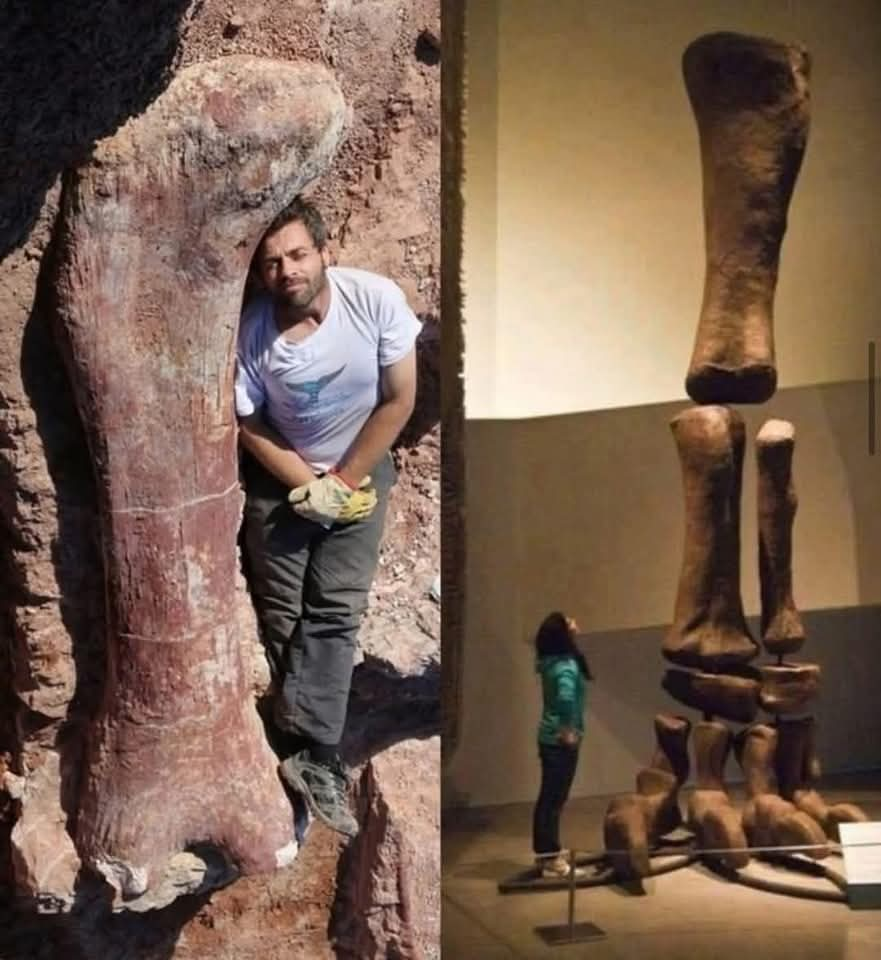
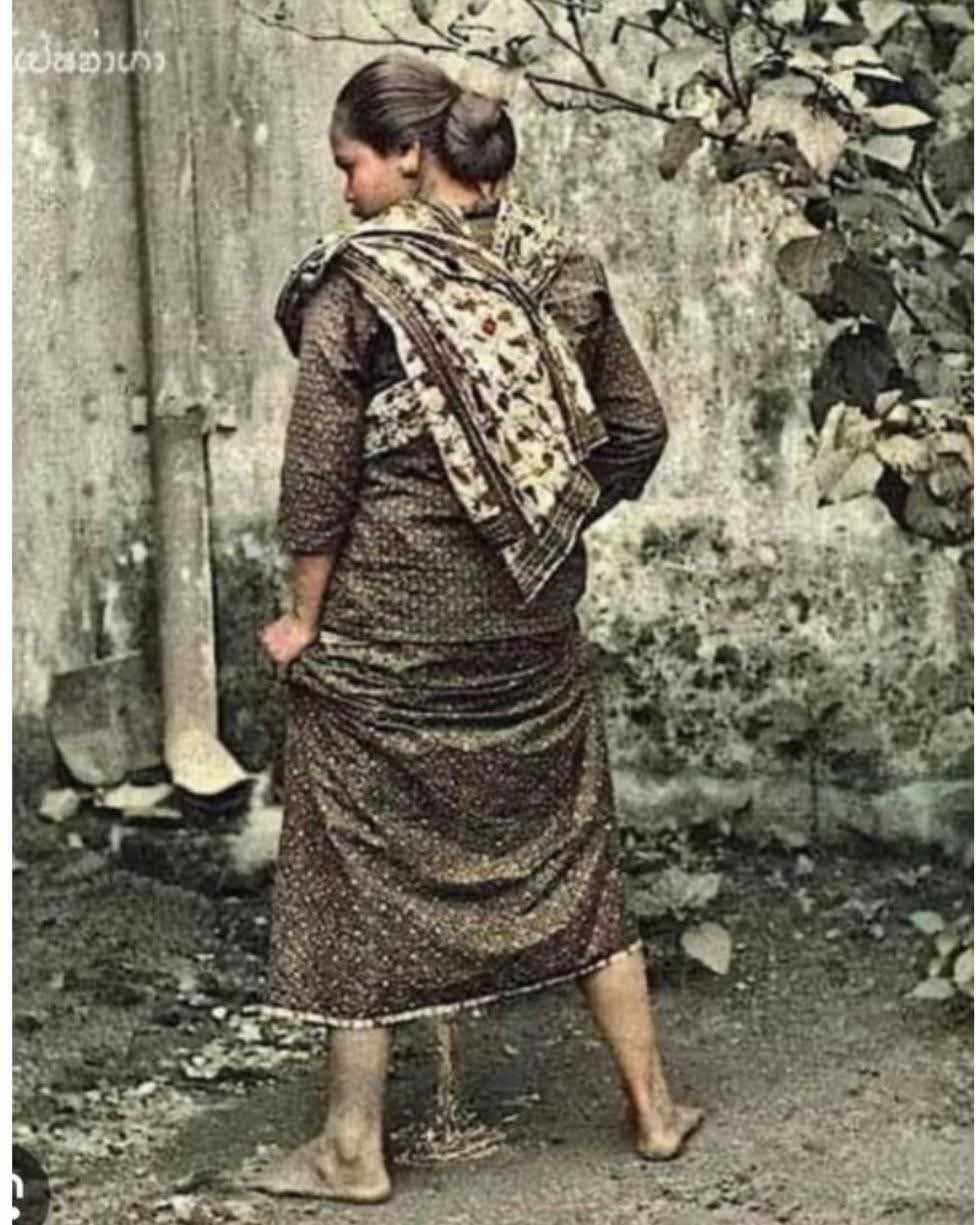

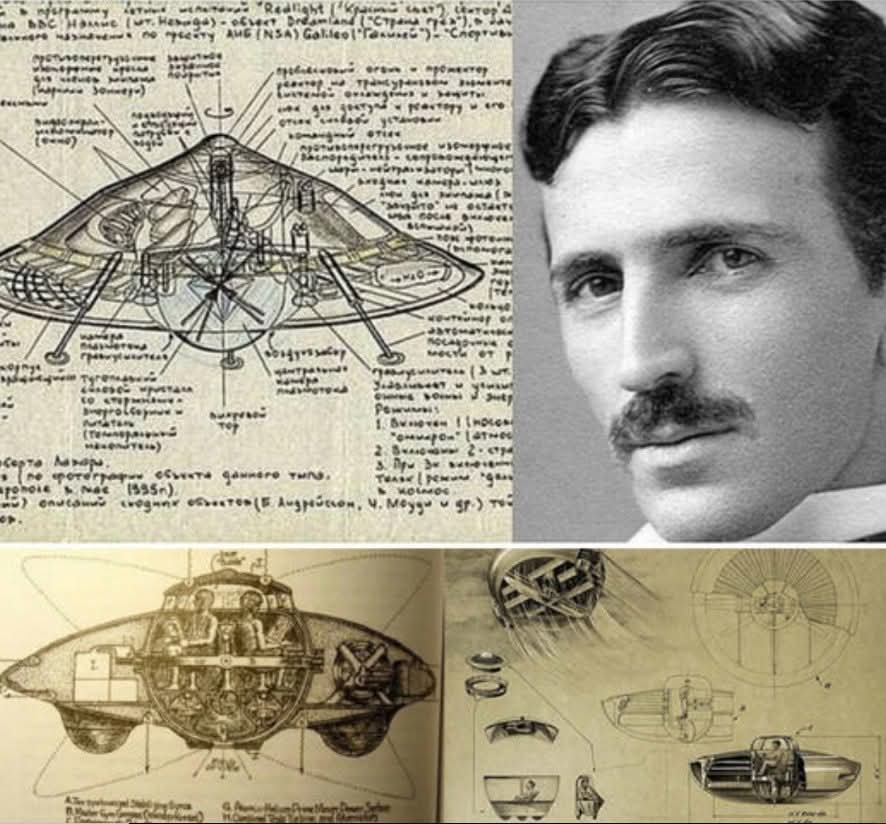
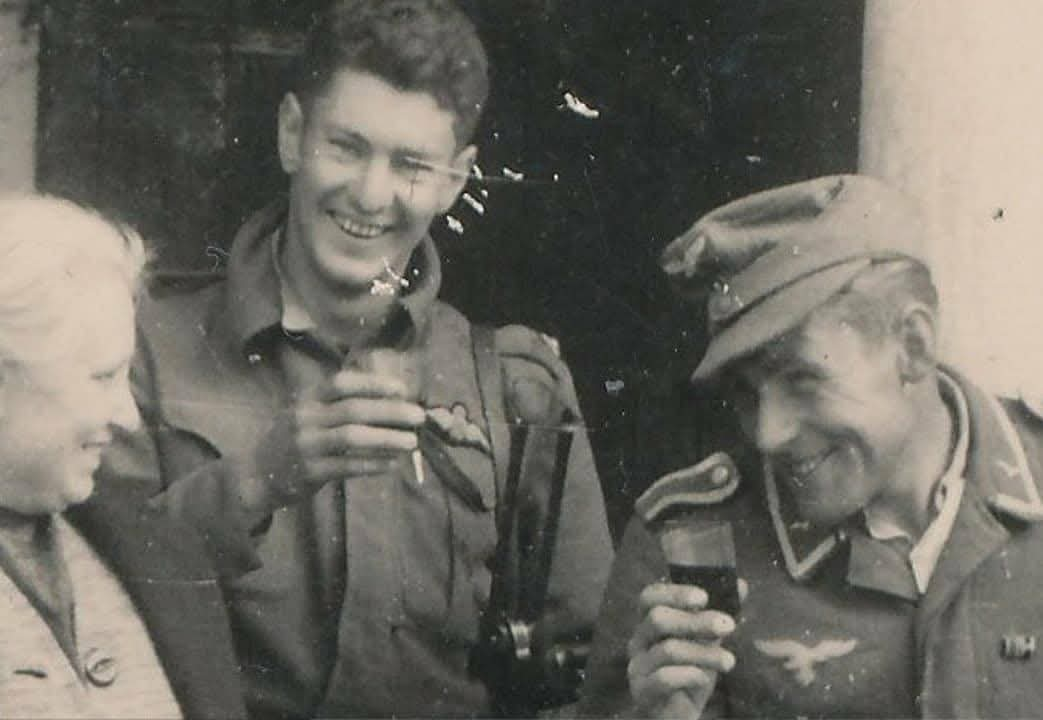
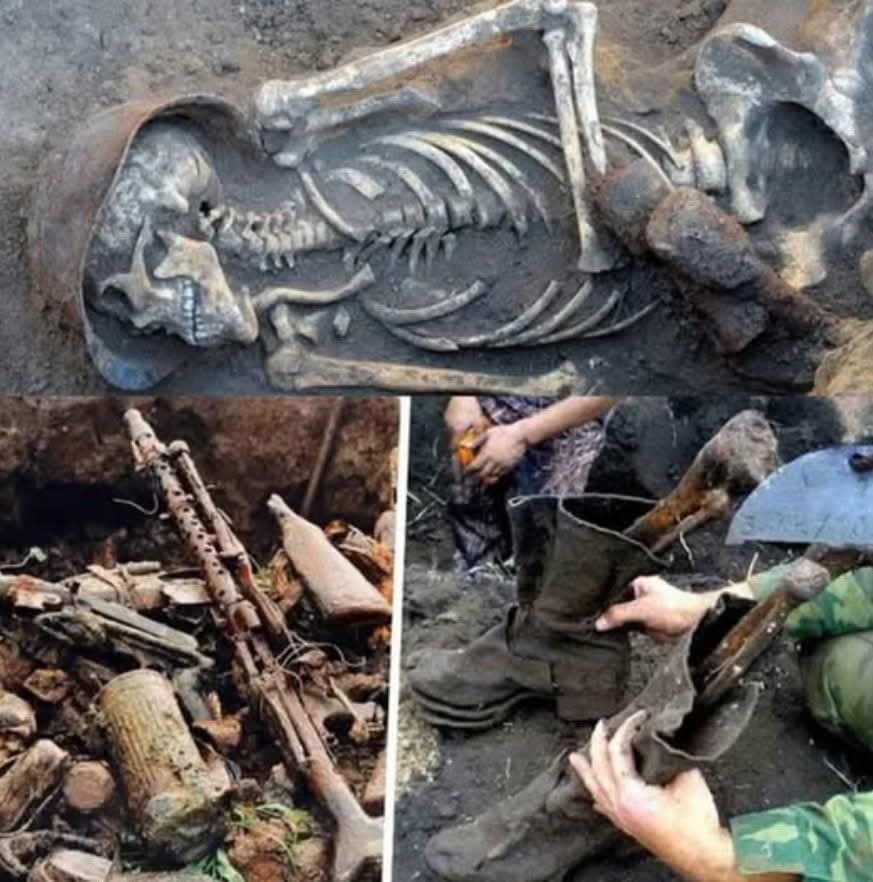

Leave a Reply